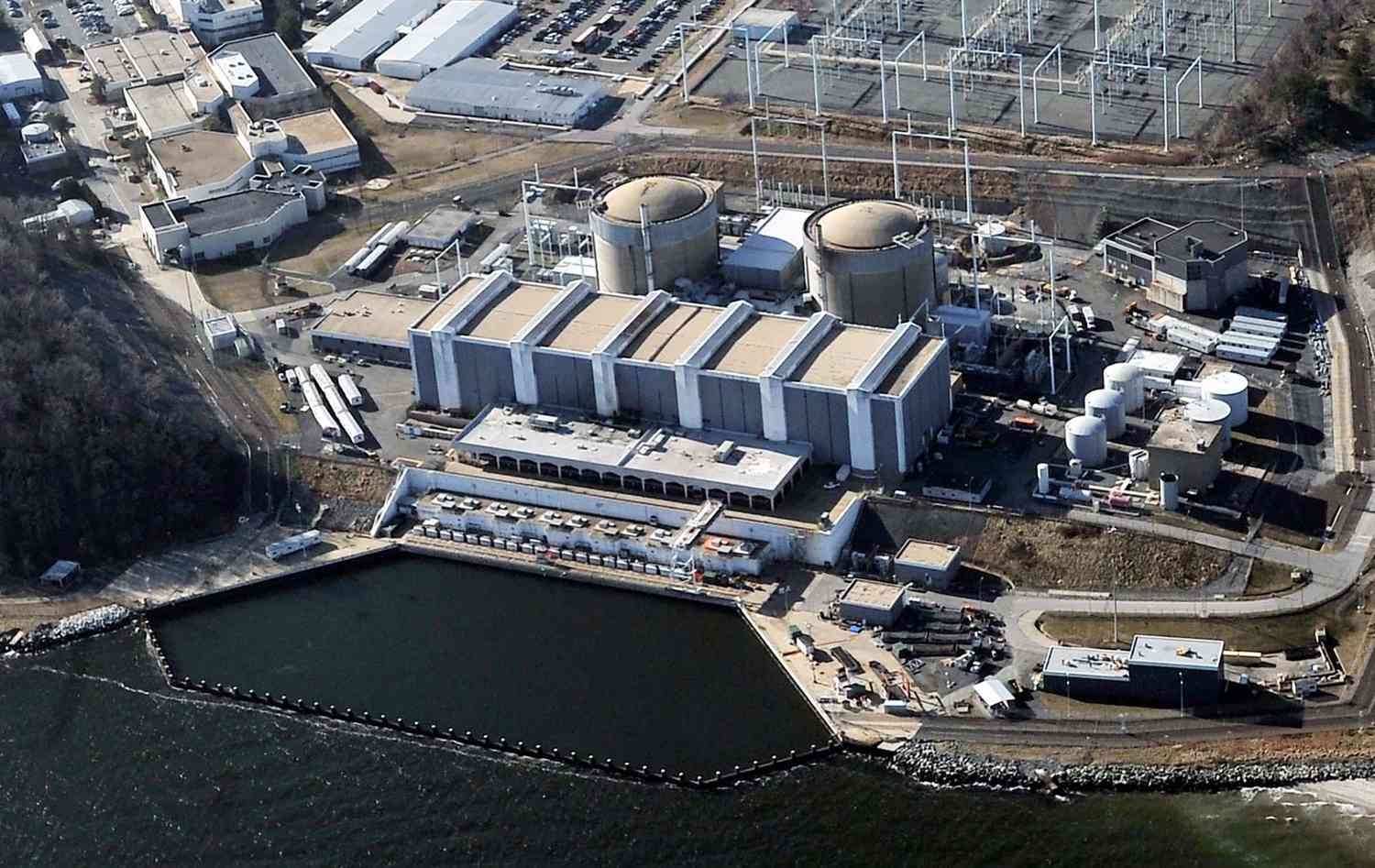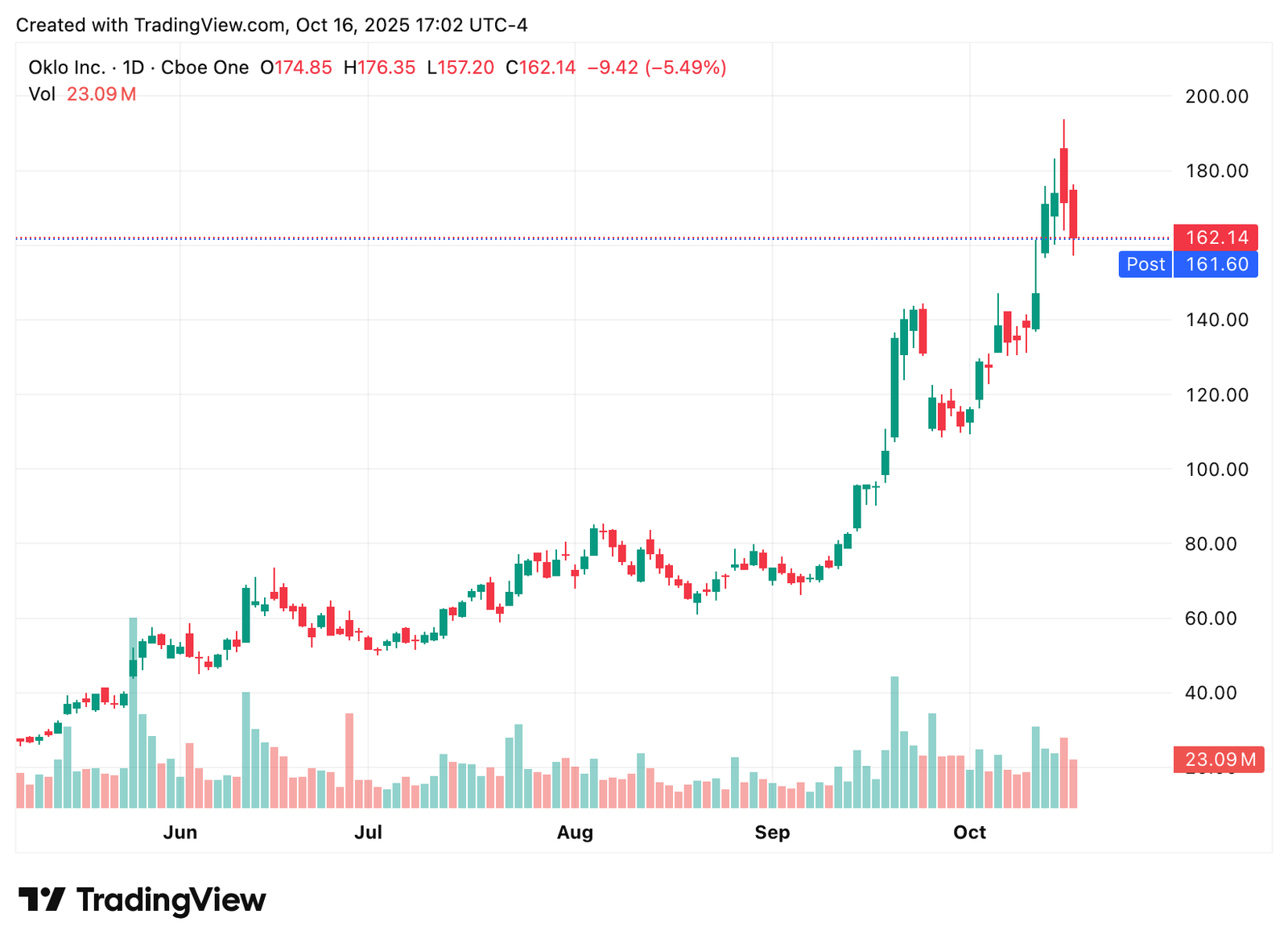




Nuclear Ambitions and Political Calculations: The Army’s Mixed Signals on Clean Energy

The U.S. Army’s recent announcement on nuclear energy investments has sent ripples through the defense and energy sectors, but the political undertones are far more telling than the market’s mixed reactions. Companies like NuScale and Oklo have seen their stocks fluctuate wildly, a sign that the Army’s commitment to nuclear energy is as much about strategic positioning as it is about clean energy innovation.
The announcement, which hinted at partnerships with private nuclear firms, has raised eyebrows in Washington, where the intersection of defense, energy, and politics is rarely straightforward. At first glance, the Army’s pivot toward nuclear energy appears to be a win for the Biden administration’s clean energy agenda.
The President has long championed nuclear power as a critical component of the nation’s transition away from fossil fuels. But the Army’s move isn’t just about reducing carbon footprints—it’s about securing energy independence for military operations, a priority that transcends party lines.

The defense industry’s involvement, however, complicates the narrative. As Barron’s noted, it’s unlikely that companies like NuScale and Oklo will receive an equal slice of the work. This uneven distribution of contracts could spark tensions between competing firms, their lobbyists, and lawmakers eager to bring jobs and investment to their districts.
Behind the scenes, the announcement has exposed the delicate balance of power between the Pentagon, Congress, and private industry. The Army’s decision to invest in nuclear energy comes at a time when defense budgets are under scrutiny, and lawmakers are increasingly wary of costly, long-term projects. While some see the move as a necessary step toward modernizing military infrastructure, others view it as a risky gamble that could divert resources from more immediate needs.
The political stakes are high, particularly for lawmakers in states with a strong nuclear presence. Senators and representatives from Idaho, home to NuScale, and California, where Oklo is based, are already jockeying to ensure their constituents benefit from the Army’s largesse. The Army’s announcement also raises questions about the broader implications for U.S. energy policy.
Nuclear energy has long been a polarizing issue, with proponents touting its reliability and low emissions, while critics point to safety concerns and the challenges of waste disposal. The Army’s endorsement could give the industry a much-needed boost, but it also risks reigniting debates over nuclear regulation and oversight. For the Biden administration, the move is a double-edged sword: it aligns with their climate goals but could alienate progressives who remain skeptical of nuclear power. As the dust settles, one thing is clear: the Army’s nuclear ambitions are as much about politics as they are about energy.

The announcement has set the stage for a complex interplay of interests, with defense contractors, lawmakers, and activists all vying for influence. In Washington, where every decision is a calculation, the Army’s move is a reminder that even the most seemingly straightforward policies are shaped by the competing forces of power and ambition. The question now is whether this gamble will pay off—or whether it will leave the Army, and the nation, grappling with the fallout.
Trump’s Tariffs and UK Sanctions Squeeze India’s Economy Amid Global Trade Turmoil
The ripple effects of former President Donald Trump’s aggressive trade policies and the UK’s latest sanctions on Russian oil…
The NFL’s Two Faces on Health: Teaching CPR While Players Bleed from Preventable Hits
As the league rolls out glossy safety campaigns, the product on the field tells a tougher story…